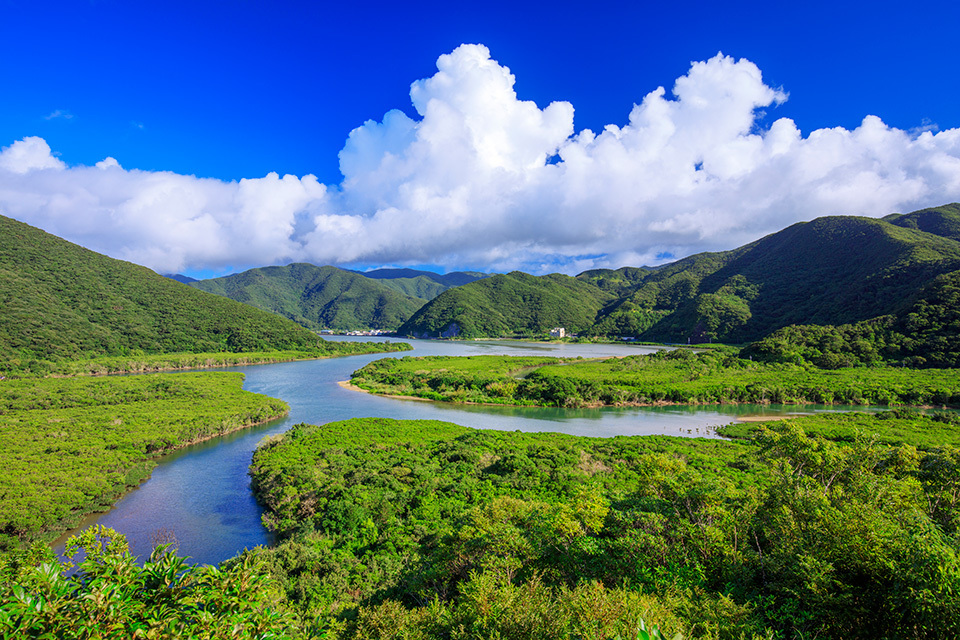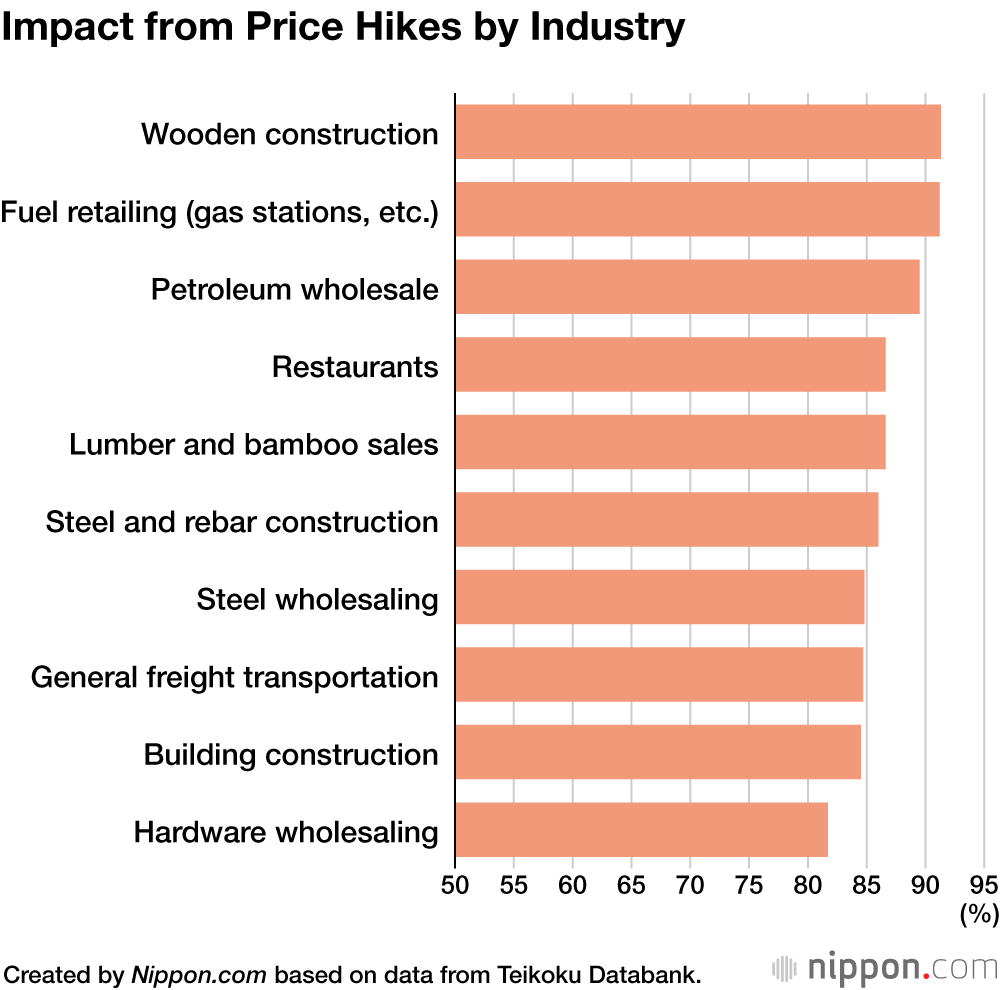An endangered culture is a culture or indigenous group that is threatened with extinction. C hinese majority ethnic group, the Han, dominates over 90% of the population. There are 55 ethnic minority groups in China, but specifically one is being targeted right now. TheUyghurs, who I discussed last week, are an ethnic group of about 12 million people who live in Xinjiang. Several countries, including the United States, Britain, Canada and the Netherlands, have accused China of committing genocide, which is the attempt to destroy, in whole or in party, a national, ethnical, racial or religious group. The claims come amid reports that, in addition to imprisoning Uyghurs in campsites, China is using mass forced sterilization of Uyghur women in an attempt to suppress the population, separate children from their families and destroy cultural traditions of the group. This is a very critically endangered culture in China. Furthermore, a new study in 2021 found 25 languages or dialects in China are under threat of extinction, including one that has only an estimated 10 native speakers left. China is in a rush against time to save these endangered languages which are a huge part of culture.
hinese majority ethnic group, the Han, dominates over 90% of the population. There are 55 ethnic minority groups in China, but specifically one is being targeted right now. TheUyghurs, who I discussed last week, are an ethnic group of about 12 million people who live in Xinjiang. Several countries, including the United States, Britain, Canada and the Netherlands, have accused China of committing genocide, which is the attempt to destroy, in whole or in party, a national, ethnical, racial or religious group. The claims come amid reports that, in addition to imprisoning Uyghurs in campsites, China is using mass forced sterilization of Uyghur women in an attempt to suppress the population, separate children from their families and destroy cultural traditions of the group. This is a very critically endangered culture in China. Furthermore, a new study in 2021 found 25 languages or dialects in China are under threat of extinction, including one that has only an estimated 10 native speakers left. China is in a rush against time to save these endangered languages which are a huge part of culture.
Along with this, current reports show that the rapid urbanization in China is a major factor in the growing ecological footprint. A study from 2010 showed that although China’s per capita is lower than the global average, the nation is already consuming more than double its biocapacity, causing significant impact on the environment, including, forest degradation, drought, soil erosion, water shortages, increasing carbon dioxide and biodiversity loss. Li Lin, program executive director of World Wide Fund (which works to protect biodiversity) said “Economic growth in China, beyond its environmental capacity and ecological biocapacity, is unsustainable.” The world wide fund believes china should use its “natural resources more efficiently, consuming energy more sustainably and responsibly growing its footprint in rural and urban areas.”
including, forest degradation, drought, soil erosion, water shortages, increasing carbon dioxide and biodiversity loss. Li Lin, program executive director of World Wide Fund (which works to protect biodiversity) said “Economic growth in China, beyond its environmental capacity and ecological biocapacity, is unsustainable.” The world wide fund believes china should use its “natural resources more efficiently, consuming energy more sustainably and responsibly growing its footprint in rural and urban areas.”
http://www.china.org.cn/english/2001/Jun/15169.htm https://www.reuters.com/article/us-china-languages/chinas-minority-languages-face-threat-of-extinction-idUSTRE62B0EW20100312




 participating in politics higher than the world average, Taiwan is increasingly progressing towards a more equitable society however,
participating in politics higher than the world average, Taiwan is increasingly progressing towards a more equitable society however, 





 being destroyed.
being destroyed.




 major is currently undecided, but I have interests in art, history, music, travel, nature, culture, photography, and potentially journalism. I’m from Portland, Oregon and I’ve lived there my whole life until now. The reason I wanted to come to UO was because I wanted to stay in state and I loved the beauty and greenery of the campus. My passions outside of school include listening to all sorts of music, hanging out with friends, watching shows, movies or youtube, occasionally rock climbing and sometimes reading and playing video games.
major is currently undecided, but I have interests in art, history, music, travel, nature, culture, photography, and potentially journalism. I’m from Portland, Oregon and I’ve lived there my whole life until now. The reason I wanted to come to UO was because I wanted to stay in state and I loved the beauty and greenery of the campus. My passions outside of school include listening to all sorts of music, hanging out with friends, watching shows, movies or youtube, occasionally rock climbing and sometimes reading and playing video games.


